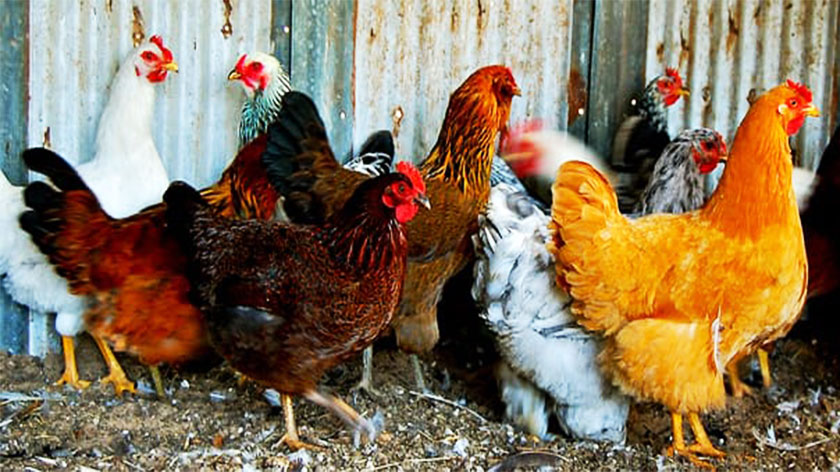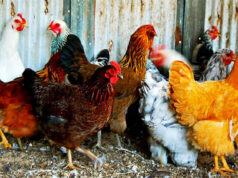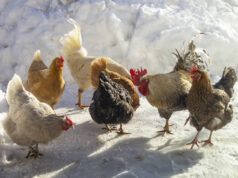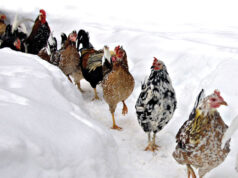In today’s world of poultry farming, finding disease resistant chicken breeds has become a tremendous priority. With the rise of various poultry diseases, ensuring that your flock remains healthy is paramount. This article delves deep into the benefits and specifics of these breeds and why they are the future of sustainable poultry farming.

Introduction to Disease Resistant Chicken Breeds
Raising chickens can be both a rewarding and challenging endeavor. One of the most significant challenges is dealing with diseases. Choosing the right breed can make a world of difference in minimizing these challenges.
What Makes a Chicken Breed Disease Resistant?
Disease resistance in chickens can be attributed to various factors, including genetics, immune system strength, and environmental adaptations. Breeds that are naturally resilient are less likely to succumb to common poultry diseases.
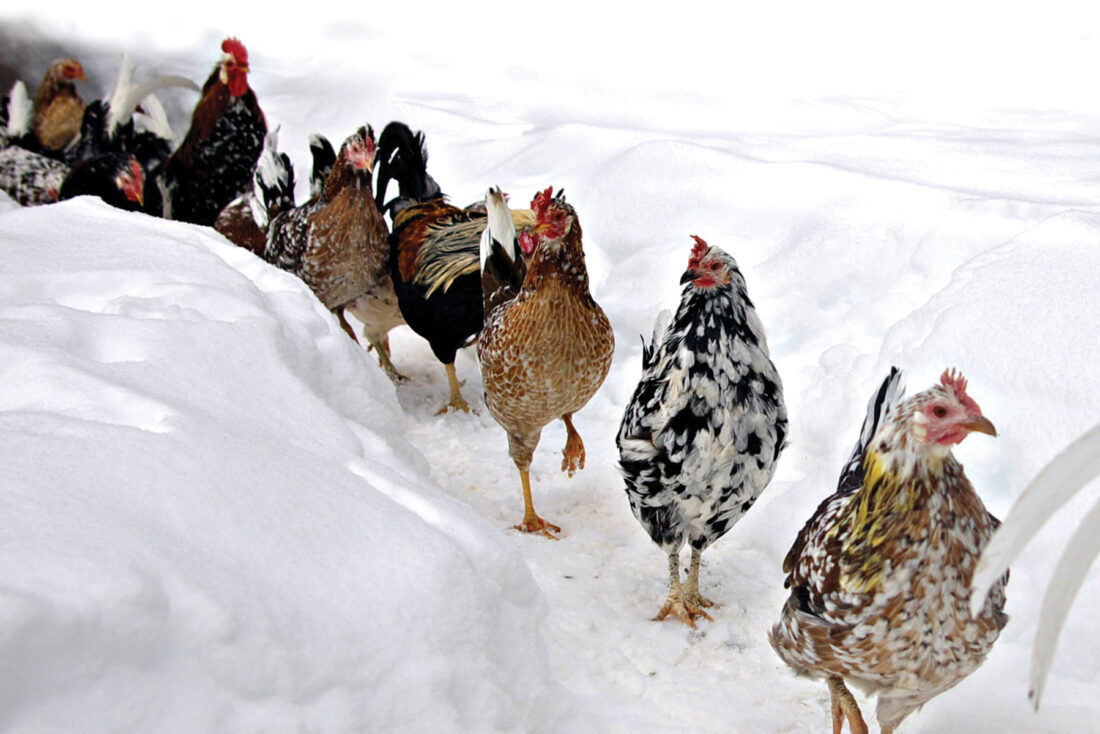
Top Disease Resistant Chicken Breeds
Here, we will explore some of the top breeds known for their disease resistance.
The Favored Leghorn
The Leghorn is a popular breed known for its excellent egg production and resistance to many diseases. They are hardy birds, making them a favorite among poultry enthusiasts.
The Hardy Rhode Island Red
Rhode Island Reds are not just known for their rich, mahogany feathers but also their resistance to common poultry illnesses. They are excellent layers and meat birds.
The Robust Australorp
Australorps have gained a reputation for being tough birds. They have a strong immune system, making them less susceptible to various diseases. Additionally, they are prolific layers.
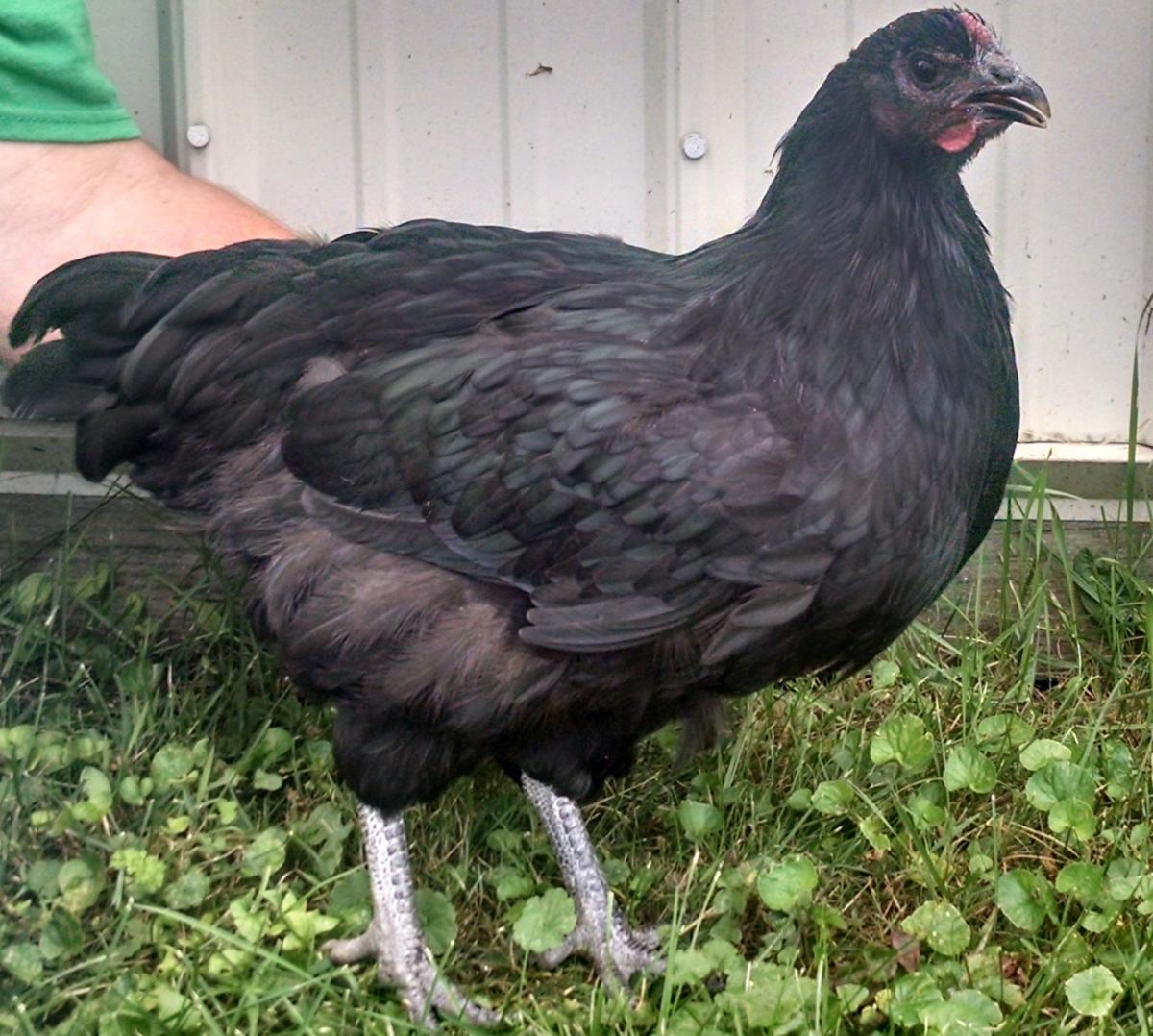
The Role of Genetics in Disease Resistance
Genetics play a crucial role in determining a chickens resistance to disease. Breeders continuously work on enhancing these traits to produce healthier flocks.
Selective Breeding
Selective breeding is the process of choosing parent birds with desirable traits to produce offspring with enhanced disease resistance.
Crossbreeding for Healthier Flocks
Crossbreeding involves mixing different breeds to combine their strengths. This practice can produce chickens that are more resistant to diseases and have better overall health.

Caring for Disease Resistant Breeds
Even though these breeds are resistant to diseases, they still require proper care and management to thrive.
Nutritional Needs
Ensuring that your chickens receive a balanced diet is crucial. Proper nutrition supports their immune system and overall health. Learn more about feeding chickens without commercial feed.
Clean Living Environment
Maintaining a clean and dry living environment helps prevent the spread of diseases, ensuring that even resistant breeds remain healthy.
Regular Health Checks
Regular health checks and monitoring can help catch any issues early, preventing them from becoming serious problems.
Challenges in Raising Disease Resistant Breeds
While these breeds offer many benefits, there are certain challenges in raising them that poultry enthusiasts should be aware of.
Initial Cost
Purchasing disease-resistant breeds may come at a higher cost initially. However, the long-term benefits often justify this investment.
Local Adaptations
Not all breeds may adapt well to different climates. Its essential to choose breeds that will thrive in your specific environmental conditions.
Consistent Care
Even the toughest breeds require consistent care and attention to remain healthy and productive.
Success Stories from Farmers
Many farmers have successfully raised disease-resistant breeds and have exciting stories to share. Let’s explore some of these success stories.
Jane’s Journey with Leghorns
Jane, a farmer from Texas, shares her experience of raising Leghorns. Despite facing numerous challenges, her flock remains healthy due to the breed’s natural resilience.
Mark’s Robust Rhode Island Reds
Mark, from Pennsylvania, emphasizes the importance of choosing the right breed for disease resistance. His Rhode Island Reds have flourished even in harsh weather conditions.
Linda’s Lustrous Australorps
Linda, a backyard chicken keeper, talks about how her Australorps have become the pride of her small flock due to their robust health and egg-laying capabilities.
Common Chicken Diseases to Watch Out For
It’s essential to be aware of common chicken diseases that can affect your flock. Here are some common diseases to keep an eye out for:
Newcastle Disease
Newcastle Disease is viral and highly contagious. Symptoms include respiratory issues, nervous system disorders, and decreased egg production. It is crucial to be vigilant and implement preventive measures.
Marek’s Disease
Marek’s Disease is caused by a virus and often leads to tumors in chickens. Early vaccination and selecting resistant breeds can help prevent the spread of this disease.
Avian Influenza
Avian Influenza is another viral disease that can have devastating effects on poultry. Maintaining biosecurity and monitoring flock health is crucial in preventing outbreaks.
Respiratory Infections
Respiratory infections can be caused by various pathogens. Keeping the living environment clean and dry, along with proper ventilation, can help minimize these infections.
Parasitic Infections
Parasitic infections like coccidiosis and lice can significantly impact flock health. Regular deworming and keeping living spaces clean are essential preventive measures.
FAQ Section
What are the key benefits of disease resistant chicken breeds?
Disease resistant chicken breeds offer several benefits, including reduced mortality rates, lower veterinary costs, and improved overall flock health.
Can I mix different chicken breeds in my flock?
Yes, you can mix different breeds. Ensure that they have similar temperaments and nutritional requirements for the best results.
Where can I buy disease resistant chicken breeds?
You can purchase these breeds from reputable breeders, hatcheries, or through online platforms specializing in poultry farming.
In conclusion, disease resistant chicken breeds are a tremendous asset to any poultry enthusiast. By making informed choices and providing proper care, you can enjoy a healthy and productive flock. This investment in the right breeds will pay off in the long run, ensuring successful and sustainable poultry farming.
As an Amazon Associate, I earn from qualifying purchases.
